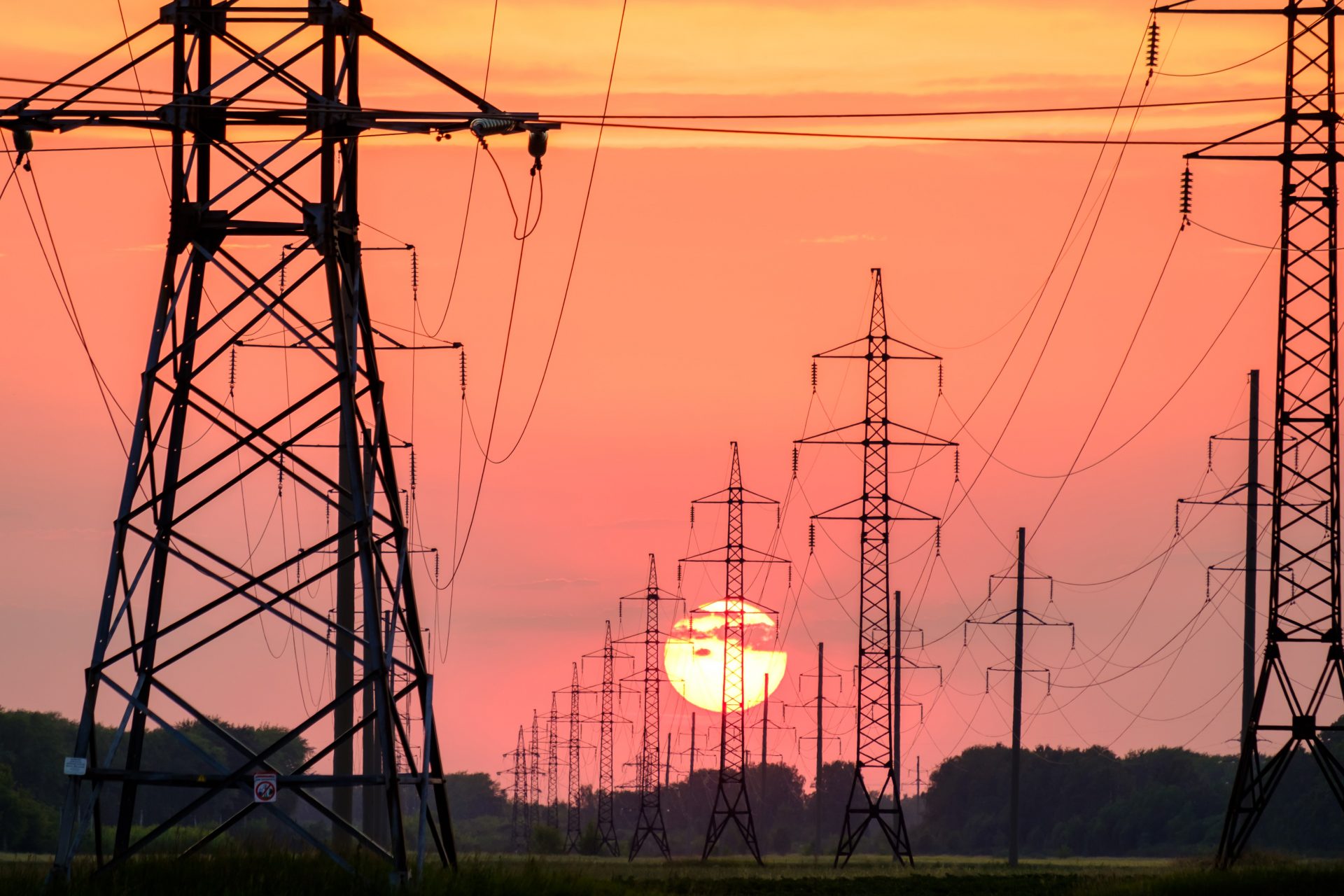HIGHLIGHTS OF THE ELECTRICITY BILL 2022

Author: O. M. Atoyebi S.A.N Contributor: Joy Ayara
The country’s economy is largely hinged on the availability of electricity, and this is because the stability or otherwise of the price of goods and services are largely dependent on the availability of electricity. The Nigerian electricity sector is to a large extent, regulated by the provisions of the Electric Power Sector Reform (EPSR) Act of 2005. This Act has empowered the Nigerian Electricity Regulatory Commission (NERC) with the mandate of ensuring efficient management of the electricity supply industry to meet the basic need of an average Nigerian for a stable, adequate and safe electricity supply, while ensuring that electricity operators recover cost on prudent investment and provide quality service to customers.
However, in the last decade, the Nigeria electricity sector has experienced an epileptic supply of power which has in turn, crippled businesses and caused an inflation in the prices of goods and services. Also, Nigeria’s national electricity grid statistically holds a record of having collapsed over 200 times and, in 2022 alone, 6 times. This has greatly affected the general supply of electricity across the country, and has necessitated a need for a review of the institutional and legal framework of the electricity sector.
The Senate in exercising its duties on the 21st of July 2022, passed the Electricity Bill 2022.
The primary objectives of this bill as stated in clause 1 are;
- Repeal the Electric Power Sector Reform Act (2005), consolidate all legislations in the Nigerian Electricity Supply Industry (NES), and enact an omnibus Electricity Act for the industry.
- Provide the ideal legal and institutional framework that will regulate the post-privatization phase of the industry in Nigeria.
- Provide the framework that would attract more investors to leverage on the modest gains of the privatized electricity industry in Nigeria.
- To accelerate growth in power generation capacity, and improve utilization of generated power through increased investment in new technologies that would enhance transmission and distribution of generated power, and minimize aggregate value chain losses.
- Provide an ideal legal and institutional framework to leverage the modest gains of the privatization phase of the electric power sector in Nigeria.
- Accelerate growth in power generation capacity and improve utilization of generated power, through increased investments in new and efficient power generation technology and revamping existing power plants.
The key innovations that this bill set out to introduce in the electricity sector are in the following areas:
- National Integrated Electricity Policy and Strategic Implementation Plan: These are provided for in the following sections of the bill.
Section 3
- The Ministry of Power shall within one year from the commencement of this Act, prepare and publish in a Federal Gazette, an Integrated National Integrated Electricity Policy and Strategic Implementation Plan in consultation with relevant Government Authorities and other stakeholders to guide the overall development of the electric power sector in Nigeria.”
SECTION 4
- “The National Integrated Electricity Policy and Strategic Implementation Plan approved by the Federal Executive Council pursuant to the provision of Section 3 of this Bill would be reviewed or revised in consultation with relevant Government Authorities and other stakeholders at least every five years or within such a reasonable timeframe.”
- “The Implementation Plan shall be initiated, formulated, deliberated upon, and adopted by the Ministry of Power in accordance with the provision of the bill.
2. Regulation – This is provided for in section 5.
“The Minister of Power shall be responsible for the determination, formulation, and monitoring of government policy for the Nigerian Electricity Supply Industry and perform the following functions including other functions assigned to him under this Bill and other Acts of the National Assembly.”
“He/She shall exercise general supervision over the affairs and operations of the Nigeria Electricity Regulatory Commission (NERC) and agencies established under this Bill, “and for this purpose give general and specific policy direction including directions on overall system planning and coordination to the Commission or agencies established under this Bill, which the Commission or the agencies shall take into consideration in discharging their respective functions.”
3. Legislative oversight – This is provided for in section 6 of the bill.
Section 6
- “The National Assembly shall exercise oversight responsibility over the National Electricity supply industry through its respective Committees on Power in the Senate and House of Representatives.’’
- “The oversight responsibility of the National Assembly shall apply notwithstanding the supervisory powers of any government Ministry over government-owned enterprises such as Nigerian Bulk Electricity Trading Company Pl, Transmission Company of Nigeria Plc (TN), or other entities operating in the Nigerian electricity supply industry in which government has not divested its equity holdings and irrespective of the Ministry where such entities are placed for administrative supervision by the Ministry.”
The bill also mandates the Transmission Company of Nigeria Plc (TCN) to issue licenses to Independent System Operators. The license covers the new entity to Operator to carry out such market and system operation functions as stipulated under this Bill.
It also states that anyone may construct, own, or operate an undertaking for generating electricity not exceeding 1 megawatt (MW) in aggregate at a site, or an undertaking for distribution of electricity with a capacity not exceeding 100 kilowatts (KW) in aggregate at a site, or such other capacity as the Commission may determine from time to time, without a license.
CONCLUSION
The new electricity bill is a long-awaited welcomed development, as it presents an opportunity to investors and industries to participate in the Nigerian energy market. Also, the states or businesses can own mini-grids this can, in turn, decentralize the national grid. Finally, it is hoped that the effective application of the electricity bill will bring an end to the generations of epileptic electricity supply in Nigeria.